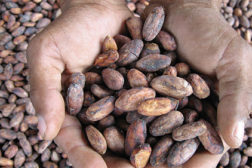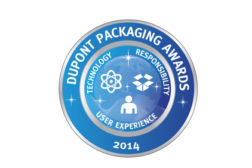Sustainability
Packaging News:
FPA joins Dow Chemical as co-sponsor of the ‘Energy Bag’ initiative
September 1, 2014
Snack on the latest trends, news, and developments!
Stay in the know with Snack Food & Wholesale Bakery, the premier source of information for snack, bakery, and confectionery professionals.
JOIN TODAY!Copyright ©2025. All Rights Reserved BNP Media.
Design, CMS, Hosting & Web Development :: ePublishing



